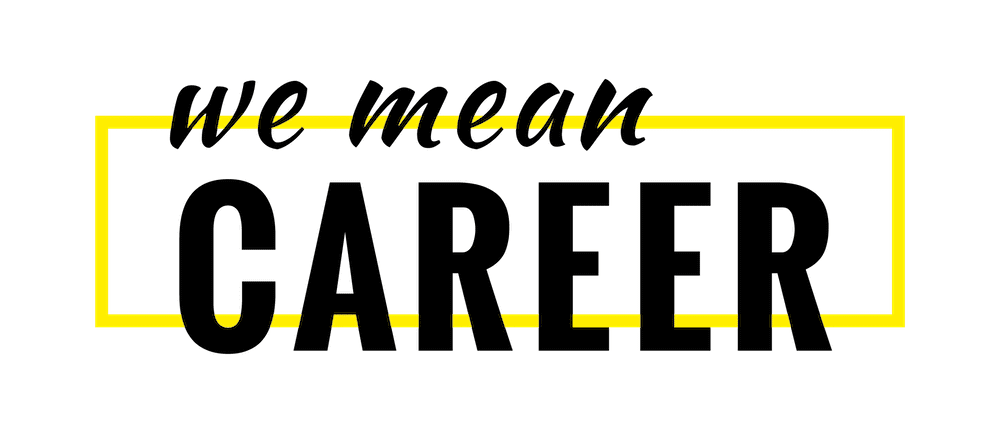HOW TO WRITE A RESIGNATION LETTER (WITH SAMPLE)
If you’re resigning from a job, this can be an exciting, but often scary, time. During your final weeks, you may be expecting questions from colleagues, lots of saying goodbyes, plus tying up any loose ends or unfinished work.
But, among the anticipation and planning for your new position, it’s important to think carefully about how you’re going to break the news to your boss.
This doesn’t need to be an uncomfortable experience. However, most companies do require resignation in writing. To ensure the transition is pleasant and you’re fully ready for the next chapter of your career, it’s important to make sure your resignation letter is professional.
Not sure how to do this? Here’s everything you need to know about how to write a resignation letter, along with a free sample to get you started.

What does it need to include?
First and foremost, let’s look at the essentials. Every resignation letter will need the following:
- Your first name, last name, and home address
- Your contact information, including phone number and email address
- The date, company name, and company address
- It should be addressed to your direct line manager
- The correct salutation (Dear Mr/Mrs/Ms etc)
- Your leaving date – check your contract for the required notice period
- A professional close, such as kind regards
- A signature, ideally this should be handwritten
Tips for writing your letter
Next, when it comes to writing the letter itself, it’s important to set the right tone. Here are some tips on how you can do this:
1. Be professional
Firstly, it’s very important that your resignation letter is professional. It needs to be simple and courteous. Even if your company is very relaxed, you should use a formal tone and professional language throughout.
Remember, this is a formal, official business letter. Even if you know your boss well, you need to use language and a style that reflects this.
2. Use a positive tone
In a resignation letter, it’s also advisable to use a positive tone throughout. Not only will this help you look more professional, but you may need to contact your employer for a reference later. It’s best to try and remain on good terms!
Avoid criticizing the company, your manager, or any colleagues at all costs. Instead, graciously thank the manager for the experience, plus any knowledge and skills learned during your time at the company. Try and end your employment on a high note. This way, you can keep connections in the future.
3. Be clear and concise
Your resignation letter should always be clear and concise. There’s no need for in-depth justifications or reasons for leaving the role – this includes details of your new employer and position or what you will be doing in the future.
If you do want to provide a more detailed explanation, we highly recommend you do this in person. Your resignation letter isn’t the place for it. Instead, it should be short, clear, professional, and to the point.
4. Offer to tie up loose ends
Another great tip for crafting your letter is to offer to help your employer ensure a smooth transition. Of course, this is optional, but it really helps to end your employment on good terms.
Maybe mention any outstanding work or projects and when they will be completed. Or, if you can’t finish them, mention the handover and offer any assistance if appropriate.
Simple resignation letter sample
Using a template for your resignation letter is the easiest way to ensure you don’t miss anything and the format is correct.
So, here’s a template for you to use for guidance. Just fill in the blanks and make any adjustments to the wording as you see fit!
(Your Name)
(Address)
(Phone number)
(Email address)
(Company name)
(Company address)
(Date)
Dear (manager’s name),
Please accept this letter as formal notification of my resignation from my position of (job title) at (company). As per my employment contract, I will be giving (notice period) notice. This means that my last day of work will be (date).
Thank you for the support and opportunities provided to me during my time here – I really appreciate the skills learned and experience gained. If there’s anything I can do to ensure a smooth transition and handover, please let me know.
it has been a pleasure working with you and I hope we can keep in touch in the future. If you have any further queries, do not hesitate to contact me.
Kind regards,
(Your name)
(Signature)



